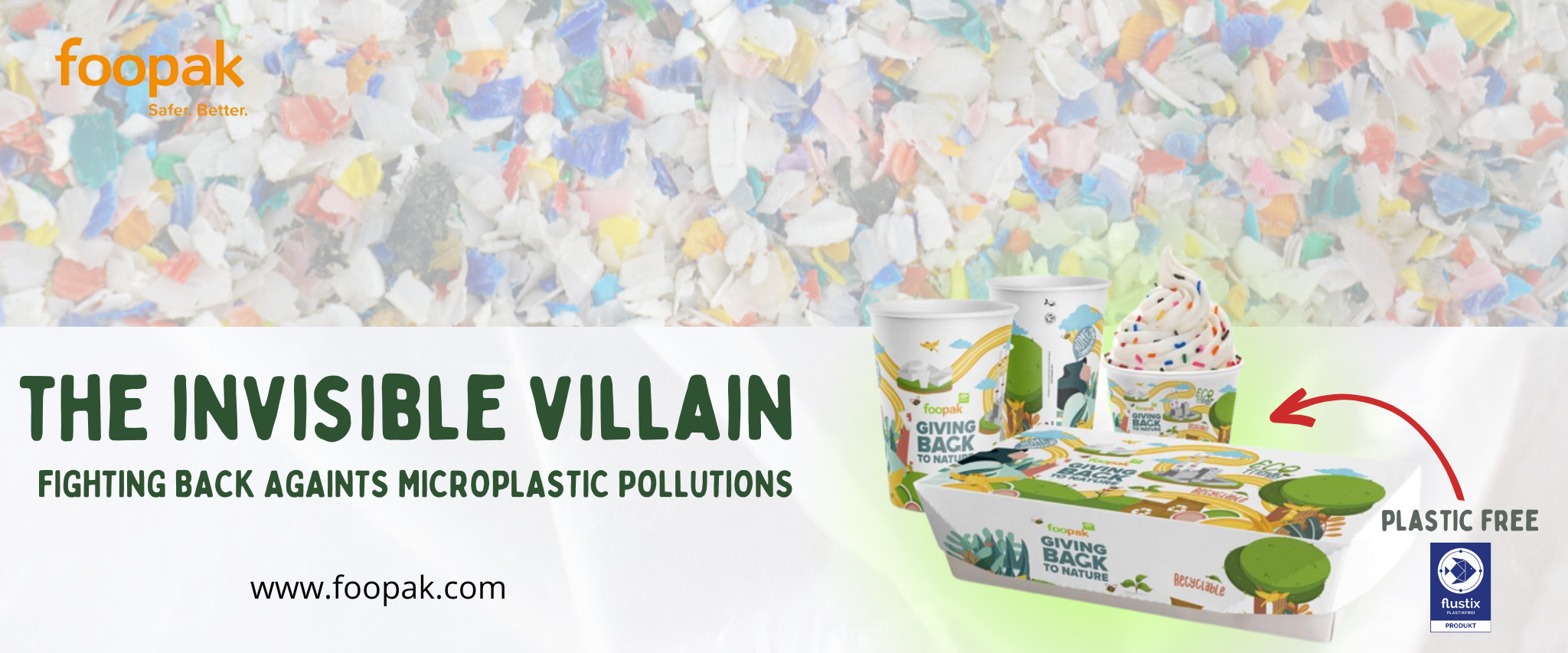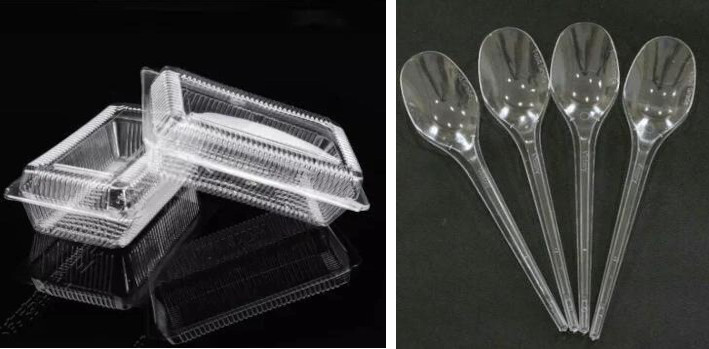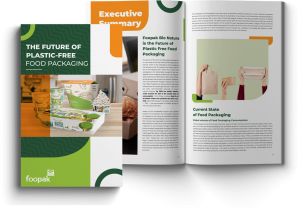
Plastic waste is one of the most common types of waste found worldwide. This waste is difficult to decompose and has serious implications for the environment and living organism. Common types of plastic include PE (Polyethylene) for food and beverage packaging and household items, PP (Polypropylene) for pharmaceutical and beauty product packaging, and PVC (Polyvinyl Chloride) for food, beverage, and pharmaceutical products, among other plastic types. The extensive use of plastic has negative impacts on the environment and humans, and one of the most significant challenges posed by plastic packaging is the proliferation of microplastics.

Plastic Packaging/ Source: Pinterest
Microplastics are minuscule plastic fragments that are highly resistant to degradation in the environment. The size of microplastics is usually less than 5 millimeters, making them invisible by normal vision. Microplastics are formed from the breakdown of larger plastic materials, such as bags, bottles, food packaging, and other plastic items. Microplastics can also be formed from beauty and personal care products that contain plastic ingredients like beads or particles. When plastic waste is discarded into the ocean or rivers, waves and currents can erode and break down plastic packaging into small fragments that eventually form microplastics. Studies have shown that around 35% of plastic waste in the marine environment consists of microplastics (Eerkes-Medrano et al., 2015).
The impact of microplastics on both the environment and human health cannot be ignored. As microplastics are transported by ocean currents, they enter the marine food chain and pose a substantial risk to humans. Furthermore, microplastics can also be inhaled through the air, thereby entering the lungs and respiratory system.

Microplastic/ Source: Pinterest
A scientific investigation conducted by Dris et al. (2016) revealed that microplastics are capable of infiltrating the human respiratory system via the air, particularly in densely populated urban areas. A research article published in the journal Environmental Science and Technology Letters in 2019 indicated that microplastics carried by the air can adhere to the human respiratory tract and cause inflammation, potentially leading to respiratory issues such as asthma and bronchitis. One viable solution to mitigate the adverse effects of microplastics is to substitute plastic packaging with environmentally-friendly paper packaging.
Asia Pulp and Paper, a subsidiary of the Sinarmas Group, has made significant strides in creating environmentally sustainable paper products that adhere to food-grade standards, named Foopak Bio Natura. Foopak Bio Natura is an eco-friendly food packaging material made from renewable resources. It is biodegradable, compostable, and recyclable, making it a sustainable alternative to traditional plastics coated paper board. Foopak Bio Natura is water resistance and heatsealable, suitable for both hot and cold cup application. It is also microwaveable and freezer safe. Overall, Foopak Bio Natura offers excellent strength and product features while reducing the environmental impact of food packaging waste.
Foopak Bio Natura has received the plastic-free certification from Flustix, an independent testing and certification body. This certification verifies that Foopak Bio Natura is entirely free of conventional plastics, microplastics, and nanoplastics, making it a truly sustainable packaging option. Foopak Bio Natura’s plastic-free certification from Flustix demonstrates its commitment to reducing plastic pollution and supporting a circular economy.

Foopak Bio Natura/ Source: Foopak
Microplastics pose a significant threat to human existence if left unchecked and thus it is essential to take preventive measures as early as possible. Let us reflect on how much plastic we have used today, this month, and this year. Start developing good habits by reducing plastic usage with Foopak Bio Natura. Using Foopak Bio Natura, an environmentally sustainable paper product, can be a proactive step towards reducing plastic waste. Adopting such eco-friendly alternatives not only benefits our well-being but also safeguards the environment for the present and future generations.

